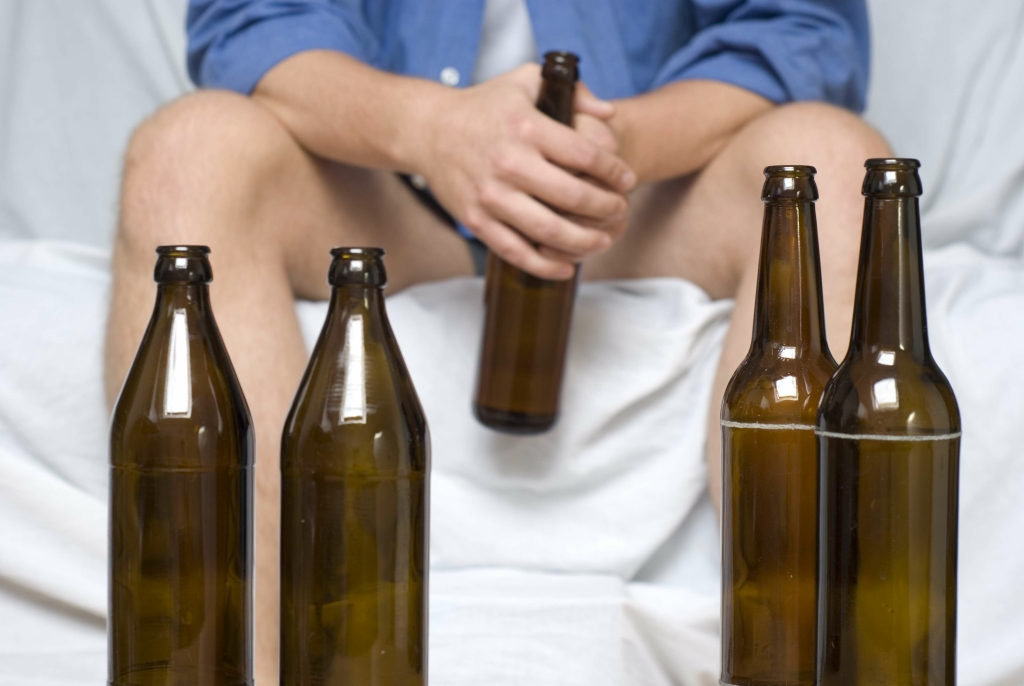What Are The 5 Addiction Stages?
This stage starts in an area of the brain called the basal ganglia. It involves an choose the correct cycle of addiction. intense rush of pleasure as the drugs activate the brain’s dopamine system. It supports your recovery after you leave more intensive treatment, like residential rehab. Aftercare can include sober living, ongoing therapy sessions, and continued contact with staff from your treatment center.
Signs of Tolerance and Dependence
- Tolerance begins to emerge, requiring higher doses to achieve the same effects, which can lead to increased financial strain or health risks.
- The path to addiction often starts with experimentation, where individuals try a substance out of curiosity, peer pressure, or to cope with challenges like stress, anxiety, or trauma.
- The addiction cycle isn’t a vortex whirlpool-ing you to despair.
- At this stage, the addict’s health, financial status, and social life have been severely affected by their addiction.
These medicines can reduce your drug cravings and can help you avoid relapse. The treatment recommended for drug use and any coexisting medical or mental health conditions can vary. To prevent relapse, ongoing monitoring, and support are crucial. It triggers people to seek out drugs regularly in an attempt to achieve the same feeling.
Social Influences
Providers who advertise with us must be verified by our Research Team and we clearly mark their status as advertisers. As someone’s substance use increases, so does their tolerance and physical dependence on the substance. Signs of this happening often include consuming more of the substance; more enough for you to notice. For example, one glass of wine might turn into one and a half, and then two in a relatively short amount of time.

Online Therapy Can Help
For example, initial use could start as prescription medications from a doctor or through peer pressure. Withdrawal symptoms can range from severe and uncomfortable to potentially fatal. (8) The only way to ease them is to use the drug again, throwing a person who is trying to quit into relapse. Oftentimes, when people relapse, they will binge on a drug, worsening their addiction. The National Institute Alcohol Use Disorder on Drug Abuse explains that dependence does not necessarily constitute addiction.
At the third stage of the addiction cycle, regular use causes tolerance and physical or psychological dependence on the abused substance. Once physical and psychological dependence forms, a person is considered to be addicted. (7) The symptoms and implications of drug addiction vary depending on the type of drug they’re using.
- Experimentation typically involves one-time or occasional use, often in social settings such as parties, concerts, or gatherings with friends, where users perceive minimal immediate harm.
- As addiction progresses, individuals may find themselves trapped in a cycle of compulsive drug-seeking and use.
- Unfortunately, most people living with addiction experience relapse at least once.
- Most people’s ideal recovery journey doesn’t include relapsing.
- Each time you use a drug, chemical changes happen inside your brain.
Cocaine for Weight Loss? Why It’s Dangerous and Deeply Misleading
We understand the challenges of this stage of life, and our program is specifically built to serve the mid-life adult in a meaningful and individualized way. If you’re asking, “how to know if you’re addicted to something,” these are warning signs. Withdrawals from different categories of drugs produce various side effects and require separate approaches. A person’s environment includes various influences, such as family, friends, and economic status. Early intervention can be one of the most effective forms of ‘treatment,’ but preventing substance use altogether offers the greatest crop of benefits. Keep your profile updated with photos, videos, services, and contact details to connect with the right people.
Many rehabs also have strong alumni communities with events, 12-Step groups, and more to keep patients connected and supported long after they leave treatment. Professional treatment aims to treat both the physical and emotional aspects of addiction, helping you detox safely and process the underlying causes for addiction. They can also happen between stages, like tolerance development and dependence formation, when someone tries to stop their use but starts again.
Substance Abuse
These occasional uses can then become a regular part of your routine, like drinking every day after work instead of just during social events. Copyright © 2025, AddictionHelp.com The information provided by AddictionHelp.com is not a substitute for professional medical advice. View our editorial content guidelines to learn how we create helpful content with integrity and compassion.

This phase may involve drinking alcohol every evening, using prescription painkillers beyond medical need, or smoking marijuana to unwind. Over time, addiction impairs the brain’s ability to regulate its own neurotransmitters, including dopamine and GABA. This creates a constant state of imbalance, where the brain’s natural systems can no longer function properly without the drug. As a result, people struggling with addiction cycles often find it difficult to make rational decisions or resist cravings.
However, these consequences are often ignored or rationalized in an attempt to continue using. The cycle of addiction explains why quitting is so difficult—but it also shows that recovery is possible. With treatment, awareness, and the right support, anyone can break free and find lasting change.
Relapse is defined to have occurred regardless of whether the addict attempted to stop the drug themselves before seeking treatment or enrolling in a treatment center. At this stage, the addict’s health, financial status, and social life have been severely affected by their addiction. The stages of the addiction cycle are based on research from the Substance Abuse and Mental Health Services Administration (SAMSHA), which identified the areas of the brain where these stages occur.
The addiction cycle describes the process every addict experiences, from initial use and abuse to addiction and relapse. The addiction cycle typically follows five distinct stages, from initial use to eventual dependency. Providers have long recognized that relapse is a process rather than an event. The reasons to experiment with drugs can vary widely, but two common reasons are because of either curiosity or peer pressure. People may also be prescribed medication, such as opioids, by their doctor. In this first stage, people often tell themselves that they’re just going to try it once to see what it feels like, especially if it’s a widely used drug like marijuana.

